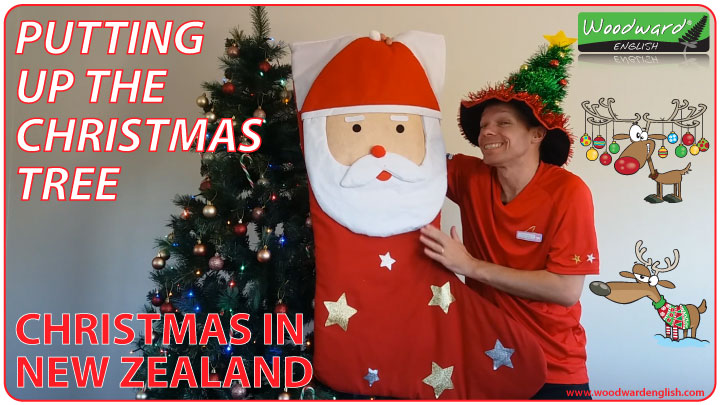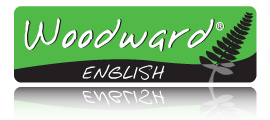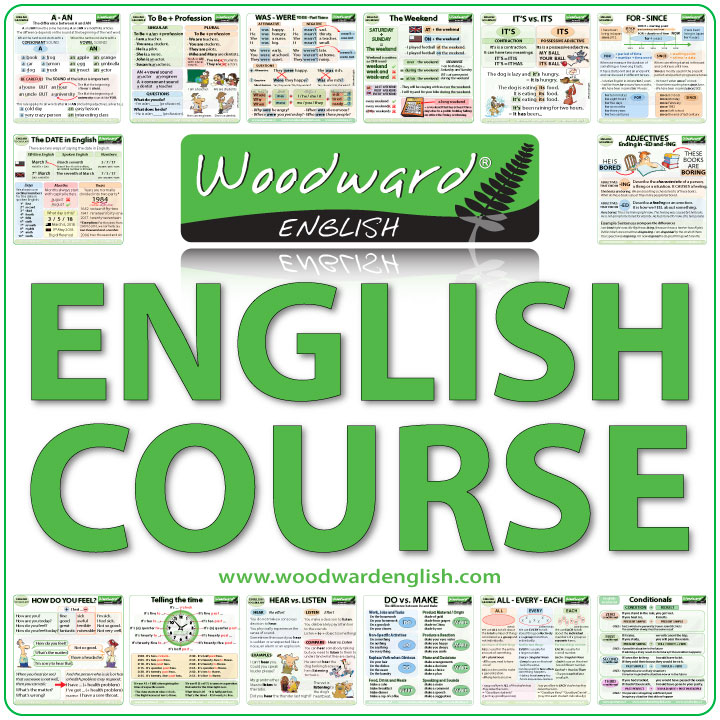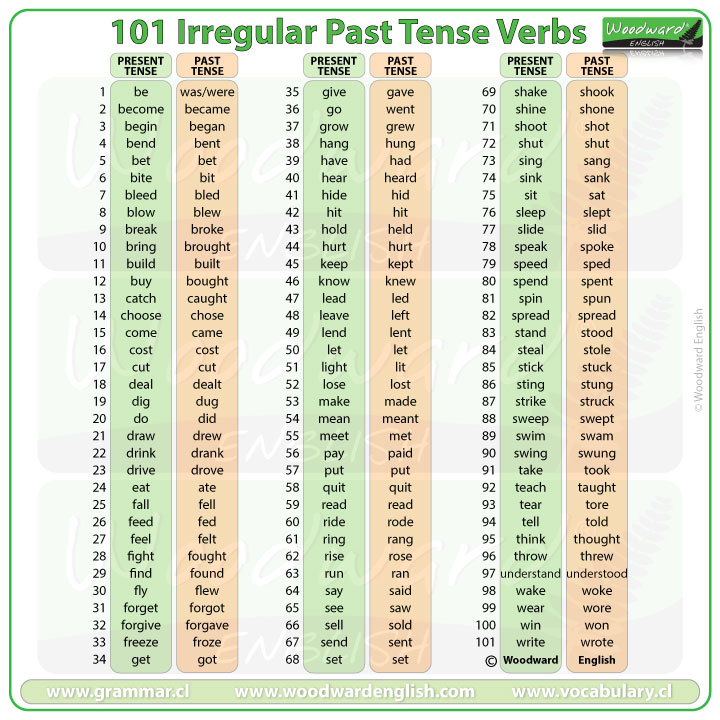

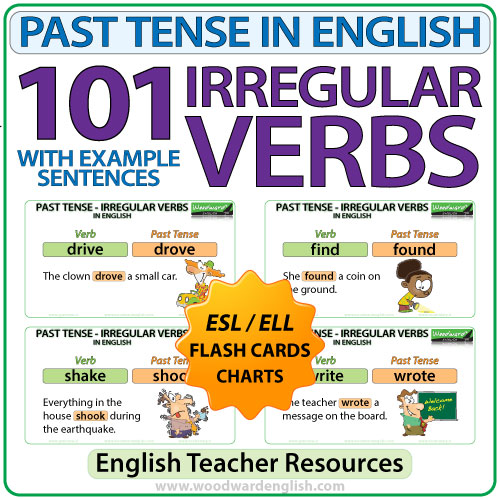
101 Irregular Verbs – Past Tense in English – Flash Cards / Charts
Flash Cards / Charts featuring 101 Past Tense Irregular Verbs in English.
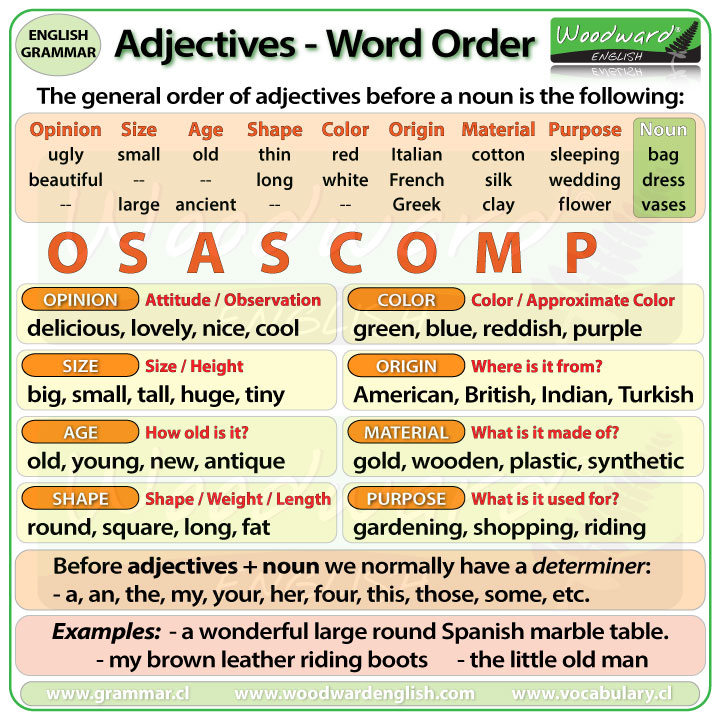
Adjectives – Word Order
What is an adjective? An adjective is a word that describes something (a noun). An adjective gives us more information about a person or thing. Correct order of adjectives Adjectives sometimes appear after the verb To Be (CARD – LINK TO VIDEO) The order is To Be...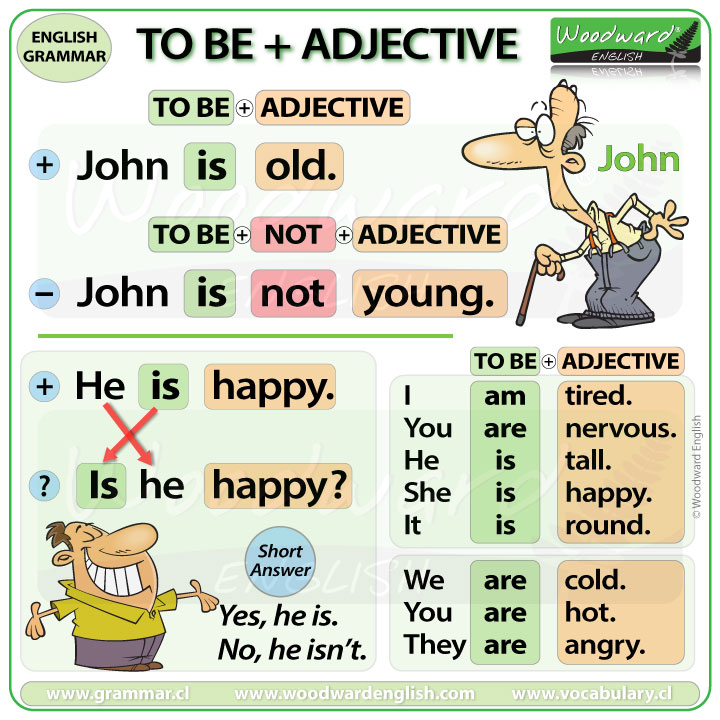
To Be + Adjective
An adjective is a word that gives us a description about something or someone. John is old. Old is an adjective. Old is a description of John. With an adjective, we frequently use TO BE. The order is: To be + adjective John is old. TO BE + ADJECTIVE Some examples of...